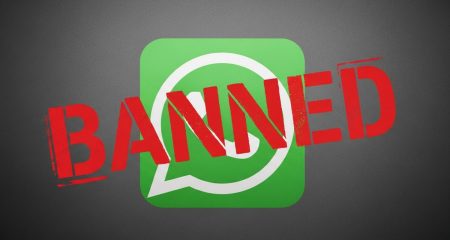
Zimbabwe’s telecommunications regulator has threatened to disconnect mobile subscribers it says are spreading information via WhatsApp about the protests that have rocked the country.
Zimbabwe is battling to contain public outrage over economic mismanagement, alleged police heavy handedness and delayed salaries for civil servants.
Public workers and other citizens called for job actions, stay-aways and protests on Wednesday and Thursday via WhatsApp and other social messaging platforms.
However, there was an outage of WhatsApp early on Wednesday with accessibility to the service only restored later in the day.
The Posts and Telecommunications Regulatory Authority of Zimbabwe (Potraz) has now taken a swipe at those sharing and spreading information about the protests, saying they will be disconnected from mobile networks inside Zimbabwe.
“All Sim cards in Zimbabwe are registered in the name of the user. Perpetrators can easily be identified,” Potraz said in a public notice on Wednesday.
The notice further stated that “any person caught in possession of, generating, sharing or passing on abusive, threatening, subversive or offensive telecommunications messages, including WhatsApp or any other social media messages” will be arrested.
Zimbabweans now have to be wary over arrest for any social media or telecom messages that “may be deemed to cause despondency, incite violence, threaten citizens and cause unrest,” according to the state telecoms industry regulator.
Potraz said it had noted the irresponsible use of social media and mobile telecommunications services in the past few days.
Social media in Zimbabwe has splashed pictures of protests in Beitbridge and Harare over import restrictions and outrage in the public transport sector over police roadblocks.
Zimbabweans took to Twitter and other social media platforms on Wednesday to complain over the gagging of over-the-top services.
The government has previously hinted at moves to regulate usage of social media platforms in Zimbabwe, saying it would lean on technology from China.
This has, however, been criticised, with campaigners saying this infringes on rights to the free flow and access of information.
Meanwhile, mobile companies in Zimbabwe have recorded surging revenues from Internet usage via mobile platforms as voice revenues continue to slow down.
All of the country’s mobile operators — Econet Wireless, Telecel Zimbabwe and state controlled NetOne — have bundle options for social media and Internet access through smartphones and other mobile devices.




